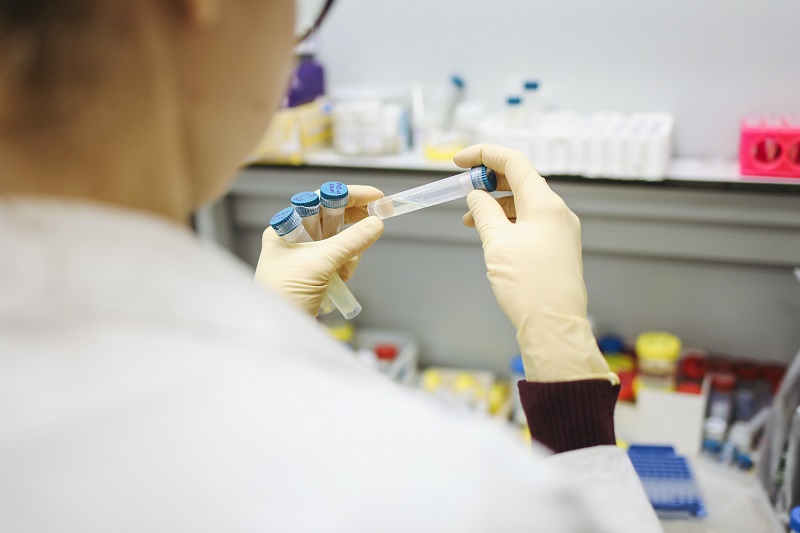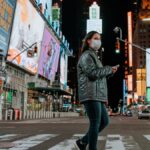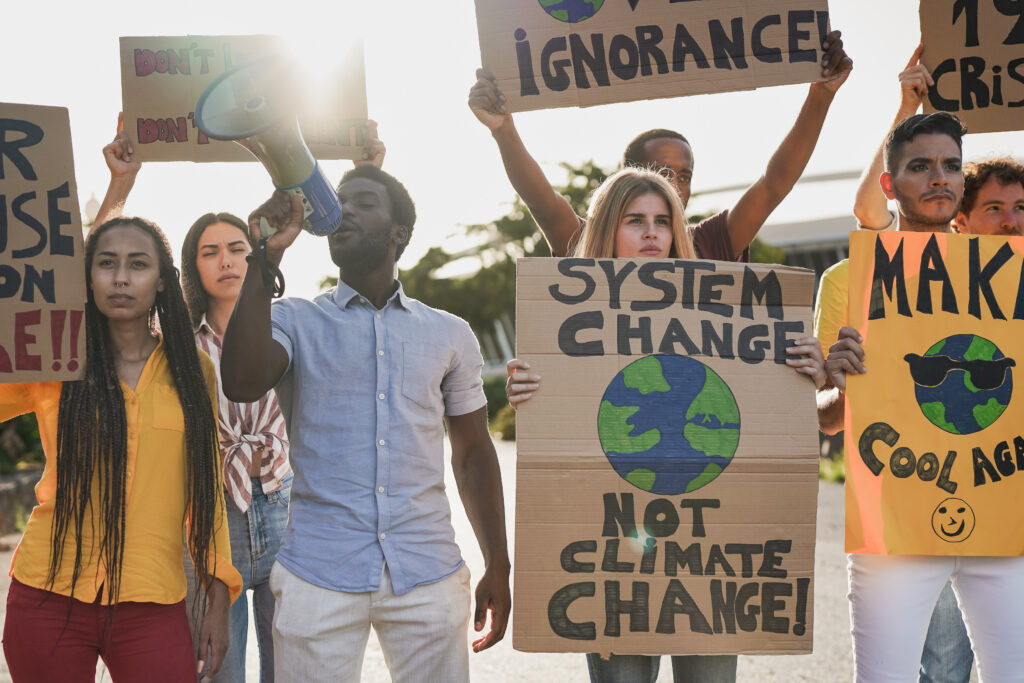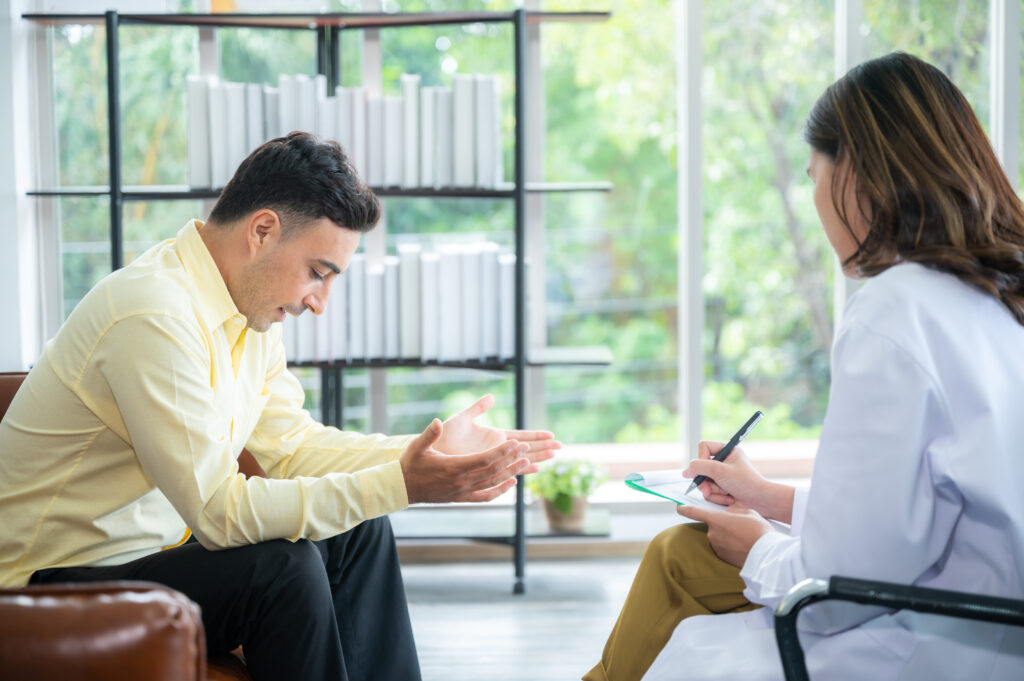Much has changed across the world since the start of the global pandemic. The normal way of life, as we knew it, has been disrupted by Covid-19, forcing governments and health authorities to implement safety protocols in the hopes of minimizing the spread of the dreaded disease.
And just when we thought that the problem was almost over, new, highly transmissible variants of the virus emerged from out of nowhere, causing significant concern as infections and deaths rapidly increased in countries worldwide.
Along with vaccines, Covid-19 testing remains an essential part of maintaining public health. Experts have repeatedly emphasized the need for mass testing so that the virus can be mitigated and ultimately overcome.
The goal is to identify infected individuals early on so they can be isolated immediately, eliminating the possibility of transmitting the virus to others. For these reasons, countries are taking urgent action to conduct more tests.
In the United States alone, almost 620,000,000 Covid-19 tests have been performed so far as of September 20, 2021. India ranks second with over 553,000,000 tests while the United Kingdom comes next at almost 290,000,000.
It is safe to say that such testing efforts will continue in the foreseeable future as one of the most important solutions to the pandemic.
Read on and we’ll tell you more about why Covid-19 testing is crucial, who should be tested, and what types of testing are available for the public.
Why Covid-19 Testing is Crucial
Observing basic health protocols, such as social distancing and wearing of masks, are still essential to this day. Access to easy and quick testing likewise plays a huge role in keeping the virus spread under control and in giving a clearer picture of the pandemic.
Claire Standley, PhD, MSc, Assistant Research Professor at Georgetown University’s Center for Global Health Science and Security has specifically described Covid-19 testing as “critically important for pandemic response” because it serves as “a tool for gathering information on who is infected, where, and when.”
As government leaders and health experts obtain a more accurate estimate of infected people in their areas, they will be able to make evidence-based decisions that will allow them to “plan, prepare, and more effectively respond,” added Dr. Standley.
Possible mass outbreaks, which could lead to the renewed shutdown of communities and businesses, can be avoided as individuals who have tested positive are isolated and given medical attention without delay. Close contacts are also identified, advised to quarantine, and treated, as needed.
So yes, ultimately, Covid-19 testing will help save many lives – especially if they are done early, before an infected person passes the virus to others.
Who Should Be Tested
As mentioned earlier, testing can stop the rapid spread of the virus. So naturally, the goal should always be to make testing readily available for people who need it – especially for those living in areas with an upward trend of positive cases.
On their official website, the CDC emphasized that diagnostic testing should be done “when a person has signs or symptoms consistent with Covid-19, or is asymptomatic, but has recent known or suspected exposure to SARS-CoV-2.” The agency likewise pointed out that people should be tested, regardless if they have been vaccinated or not.
Covid-19 symptoms include breathing difficulty, chills, cough, diarrhea, fatigue, fever, headache, loss of smell or taste, muscle or body pains, and sore throat, among others. However, symptoms may differ from person to person and may depend on the type of virus variant. For example, some patients who have contracted the Delta variant reportedly experienced sneezing and runny nose, along with the other common symptoms.
Meanwhile, the U.S. Food and Drug Administration (FDA) indicated that screening tests are also highly recommended. This type of testing “looks for individual infections in a group even if there is no reason to suspect those individuals are infected.” Screening tests are done for workers, school students, faculty members, plus those who may need to travel by plane.
These days, even events – such as live concerts – are requiring proof of vaccination or negative Covid tests from their attendees.
Different Types of Available Covid-19 Tests
According to the Centers for Disease Control and Prevention (CDC), two types of tests can be used to detect Covid-19 infection, namely a viral test and an antibody test.
Viral tests, which can either be a nucleic acid amplification test (NAAT) or an antigen test, are used to determine if a person is currently infected. On the other hand, antibody tests help tell if a person has been infected in the past.
In most cases, testing is administered by inserting a nasal swab to collect secretion samples and test them for virus presence. For rapid antigen testing, results could be obtained in as little as 15 minutes while it may take up to 24 hours or several days for other tests.
Additionally, the CDC has approved the use of self-test test kits for those who may not have immediate access to a healthcare provider. Nasal or saliva specimens can be collected at home and then the test will detect Covid-19 infection. These kits can be purchased by prescription or over-the-counter from pharmacies and stores.
Conclusion
Back in March 2020, World Health Organization Director-General Tedros Adhanom Ghebreyesus declared during a media briefing, “You cannot fight a fire blindfolded. And we cannot stop this pandemic if we don’t know who is infected.”
As the world strives to fight the pandemic and return to normal, a key strategy is to administer Covid-19 vaccines to a significant number of the population so as to achieve herd immunity faster. On top of that, it remains vital that people have access to timely testing since some people still refuse – or openly express hesitancy – about getting jabbed.
In an interview, Stephen Kissler, PhD, a research fellow for the Department of Immunology and Infectious Diseases at Harvard T.H. Chan School of Public Health, reiterated:
“With so many people still unvaccinated, testing continues to be important for identifying people with Covid-19 so that they can be monitored for treatment if needed and be isolated to keep others at risk from getting the virus.”






